
A large group of important contemporary artworks from the Daskalopoulos Collection is donated to 4 museums in 3 countries on 2 continents, creating an innovative network of synergies.
A private collection is transformed into a public good through major public institutions in Athens, Chicago, New York and the United Kingdom.
More than 350 works by 142 artists from the Collection make up the Collection, of which 140 are destined for the EMST, around 100 are jointly donated to the Guggenheim and MCA Chicago and 110 to the Tate.
The Daskalopoulos Collection is a wide-ranging body of contemporary art by leading artists from the international art scene of the last four decades, who have shaped and continue to shape future generations of artists. The works in the Collection reflect the key concerns of art and at the same time address universal, primordial and timeless themes, such as the human being as a source of creation, but also as a field of existential, social and ideological struggle.
It includes important artists such as: Marina Abramović, Kutluğ Ataman, Matthew Barney, Louise Bourgeois, Vlassis Kaniaris, Helen Chadwick, Paul Chan, Bruce Conner, Abraham Cruzvillegas, Robert Gober, David Hammons, Mona Hatoum, Isaac Julien, Yannis Kounellis, Stathis Logothetis, Sarah Lucas, Paul McCarthy, Steve McQueen, Ana Mendieta, Marisa Merz, Annette Messager, Wangechi Mutu, Ernesto Neto, Rivane Neuenschwander, Cornelia Parker, Pipilotti Rist, Dieter Roth, Doris Salcedo, Kiki Smith, Paul Thek.
As Dimitris Daskalopoulos argues, “I believe that the collector has a responsibility towards the works in his collection and the artists: he has a moral obligation to care for the future of his collection with the same care and attention that he invested in its creation. Art only acquires meaning and influence through its interaction with the public. That is why art needs communicators more than owners. It was this consideration that led me to the decision to donate the majority of my collection to important contemporary art museums. Through this donation, the works will be accessible to the general public, will be cared for in order to preserve them for future generations and will remain in dialogue with the art of the future.
The D. Daskalopoulos Collection is addressed to four public institutions in three countries in Europe and America. In particular, more than 140 works will enhance the collection of the National Museum of Contemporary Art, some 100 works will be offered in a joint donation to the Guggenheim and MCA museums in Chicago and some 110 works will be donated to the Tate. In total, more than 350 works of contemporary art by 142 artists from the Collection will enrich the museums’ existing collections.
With the curatorial positions and the support of the museums, the Donation will reach a wide audience through international presentations/exhibitions and through their global online presence. The museums will also set up educational programmes to enhance the dissemination of Donation.
Dimitris Daskalopoulos, consistent with his vision, is handing over his Collection to international museums. By doing so, he ensures its future and its association with the widest possible audience throughout the world.
Dr. Lina Mendoni, Minister of Culture and Sport, states: “Athens, after decades of waiting, inaugurated two years ago its own Museum of Contemporary Art, filling a major gap in its museum infrastructure. Today, the EMST welcomes the unique donation of Dimitris Daskalopoulos, a collector with a deep knowledge and love for Art. A donation of dozens of works, which not only substantially enhances the collections of the EMST, but also gives it the impetus and the advantage of becoming a partner of important similar leading museums worldwide, and of being able to initiate valuable synergies and collaborations with them. Thus, the donor’s contribution is not only to the Museum and the cultural sector. It is about the capital city itself, as it directly enhances the competitiveness of its cultural services.
Dimitris Daskalopoulos did not hesitate to neglect the passion of the collector, putting forward his will to offer to society, to the citizens. Art is the universal language of communication. Cultural goods acquire added value through their contact with the public. In industrial societies, value creation is linked to restrictions on access to resources. In the knowledge society, education presupposes an immersion in art and the democratisation of culture.
The collector, by donating his personal collection to four leading museums of contemporary art, acts as a catalyst for transformation, for the transformation of these private works into public goods accessible to us and future generations. The Ministry of Culture and Sport expresses its immense gratitude to Dimitris Daskalopoulos”.
*Photo Credit: Menelaos Myrillas / SOOC

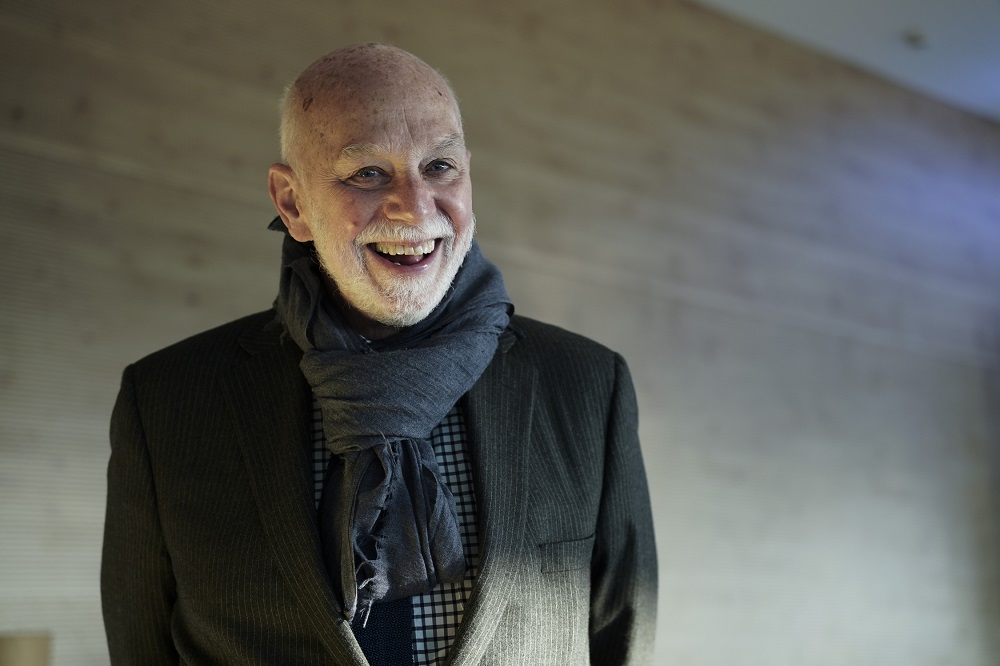
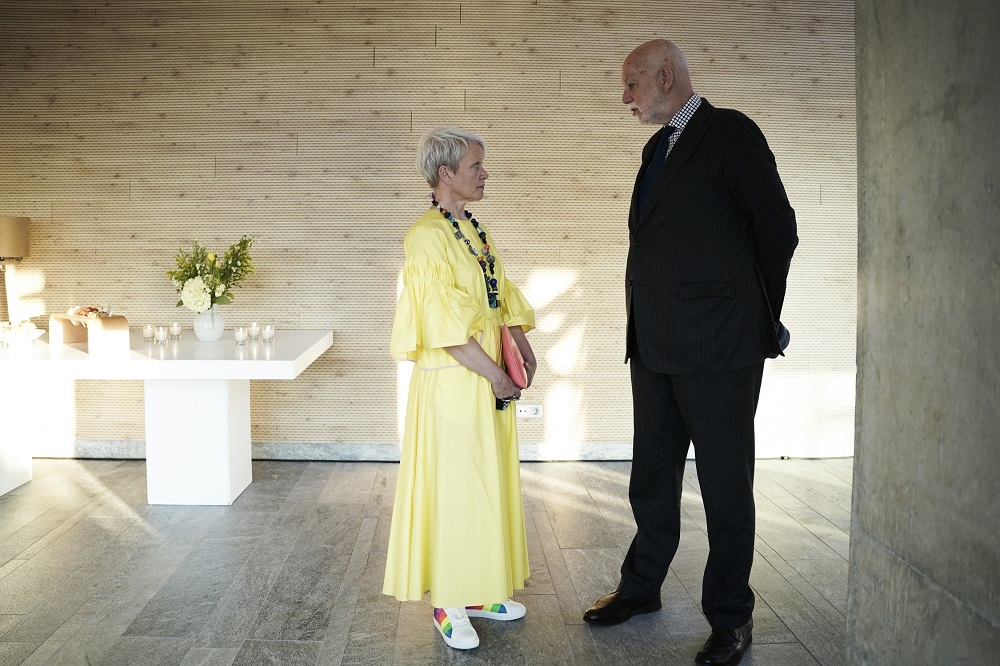

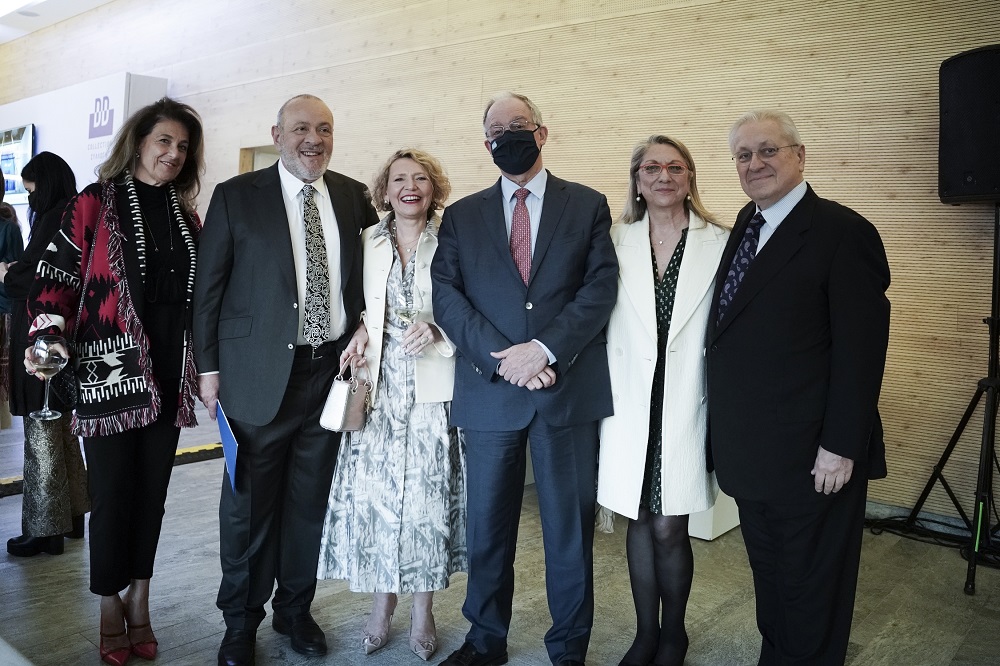
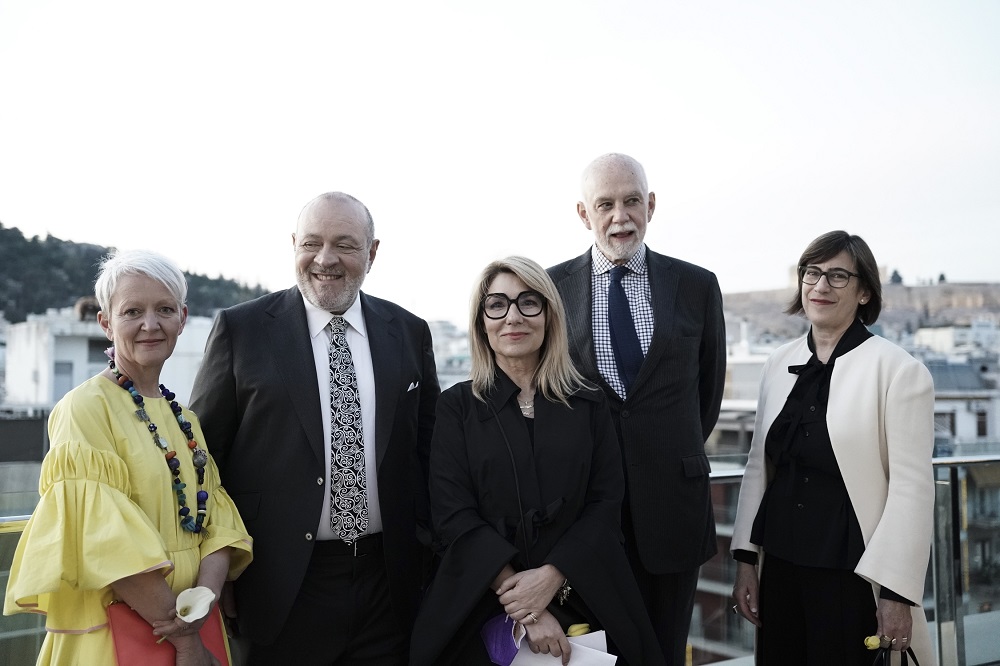
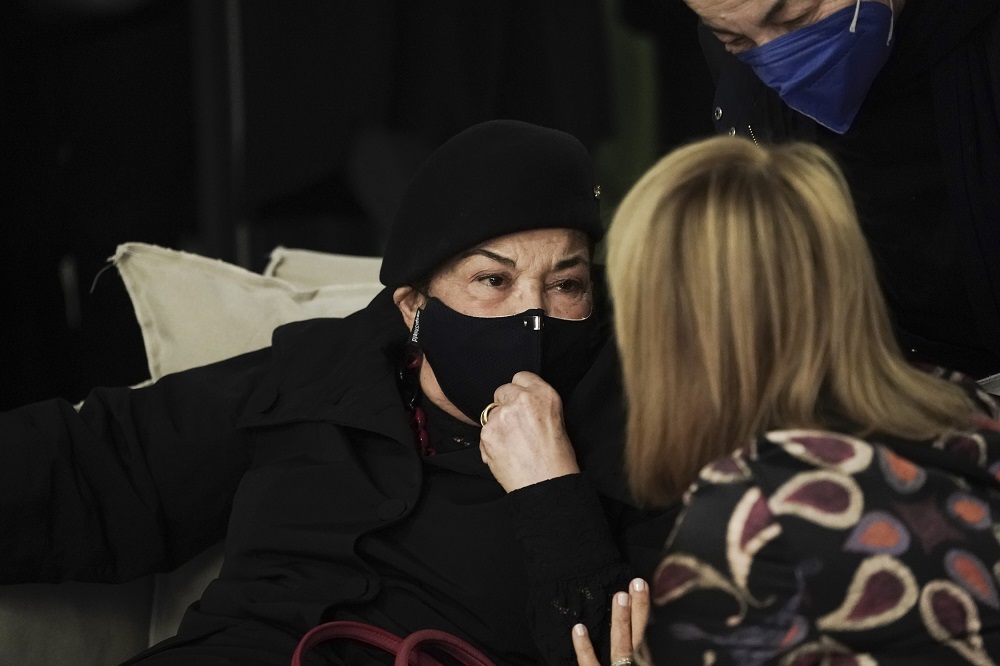
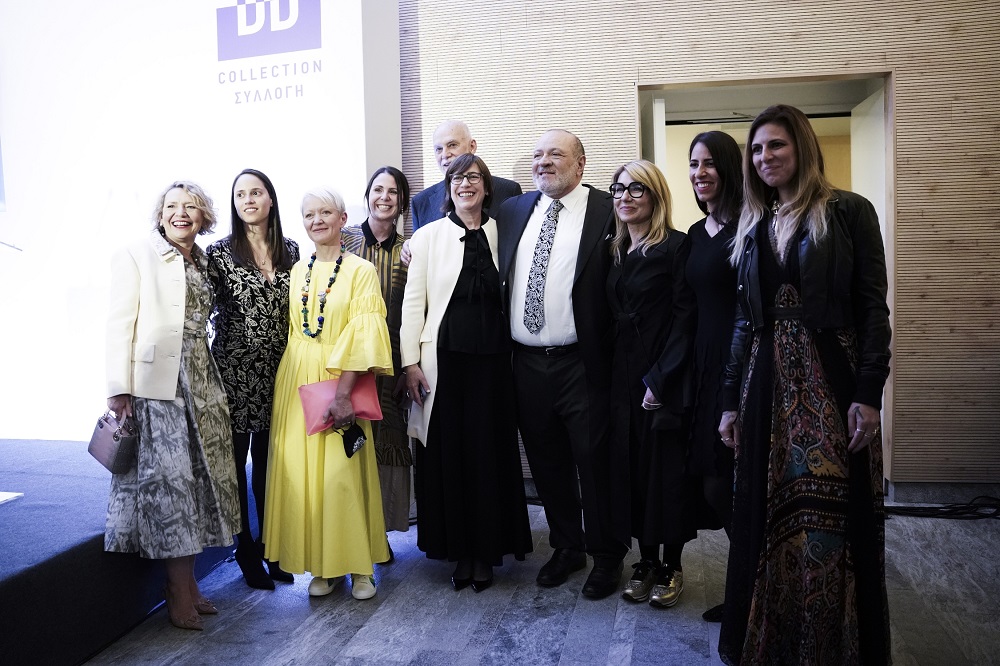
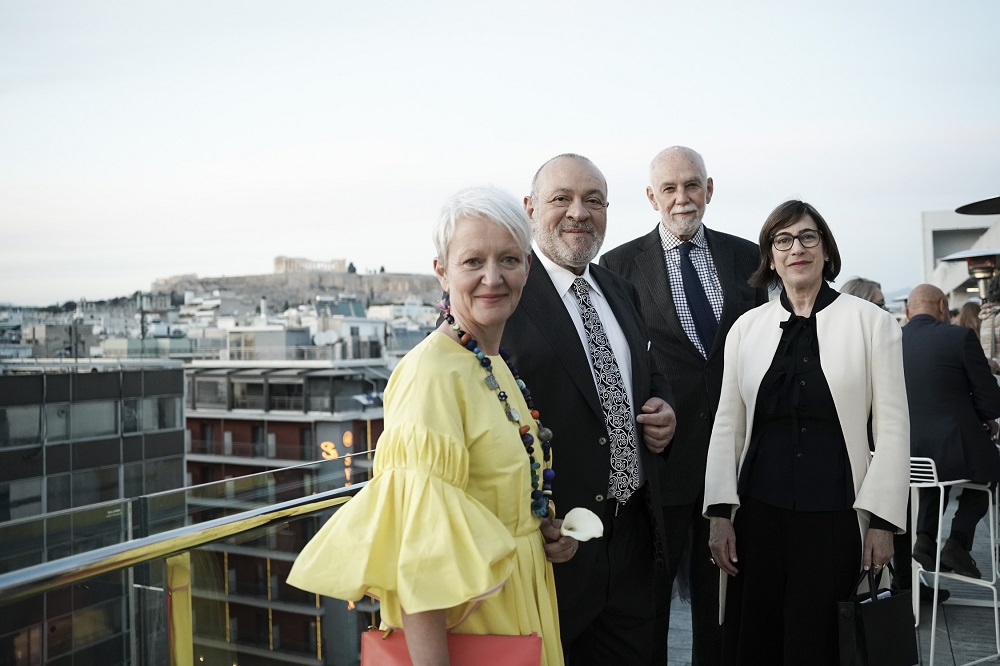
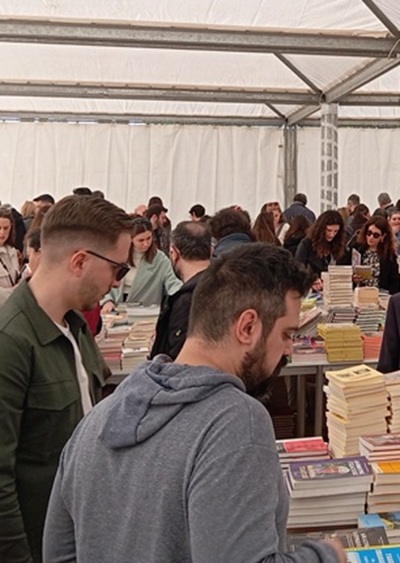


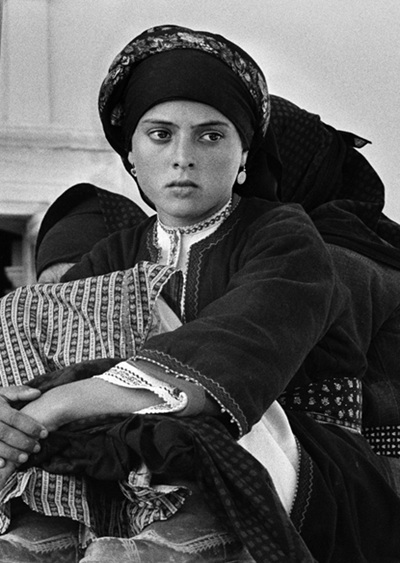


Leave A Comment